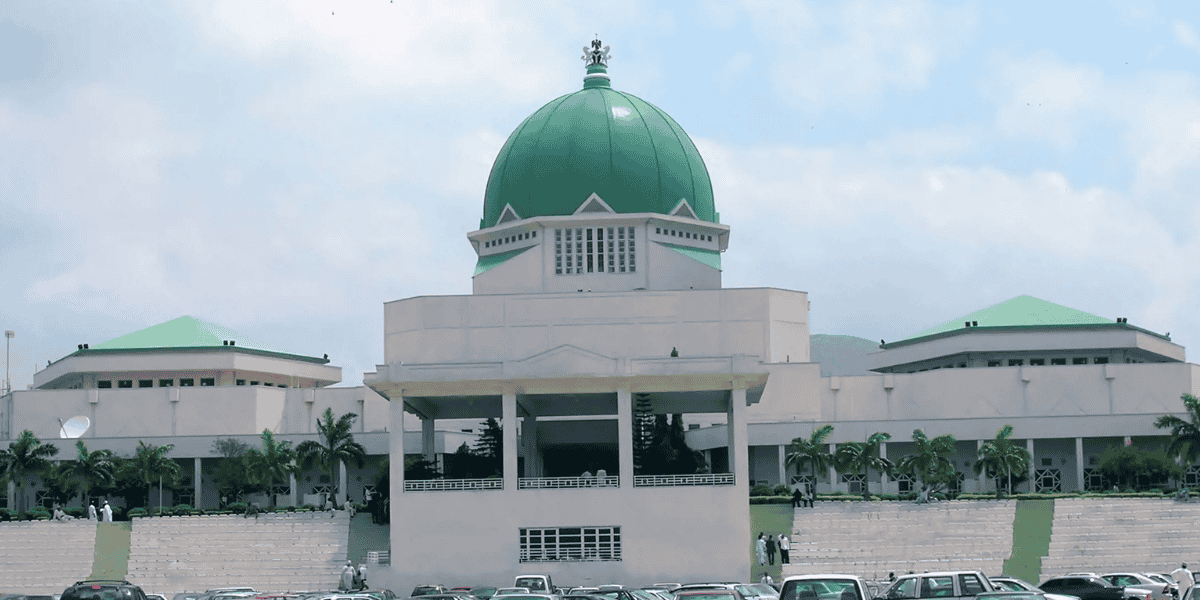On 22 December 2017 the International Monetary Fund (IMF) issued a report on Nigeria following consultations under Article IV of the IMF’s articles of agreement.
Economic activity expanded at an annual rate of 1.4% in the third quarter of 2017, the second consecutive quarterly increase following five quarters of recession. Growth was driven by recovery in oil production and agriculture but growth non-oil non-agricultural sectors contracted in the first three quarters of 2017 compared to the equivalent period of the previous year. High fiscal deficits, driven by weak revenue mobilization, have created large financing needs.
Without new policies economic growth is expected to increase to 2.1% in 2018 but to stay relatively flat in the medium term. Downside risks include lower oil prices, tighter external market conditions and security issues. The IMF notes that Nigeria has been addressing macroeconomic imbalances and structural difficulties by implementing policies underpinning the Economic Recovery and Growth Plan (ERGP). With the help of recovering oil prices the new Investor and Exporter foreign exchange window has increased investor confidence.
The IMF report welcomes the tax reforms carried out to improve tax administration and the planned increases in excises. Owing to oil prices remaining lower than in the past the report emphasizes that further action is required to mobilize non-oil revenues. This should include reform of the value added tax (VAT) and removal of exemptions, while safeguarding priority expenditures including infrastructure investment.
Structural reform implementation should further improve the business environment, closing infrastructure gaps and implementing the power reform plan. This is laying the foundation for a diversified private sector-led economy. It is now important to strengthen the governance and transparency initiatives and foster gender equality and financial inclusion.












